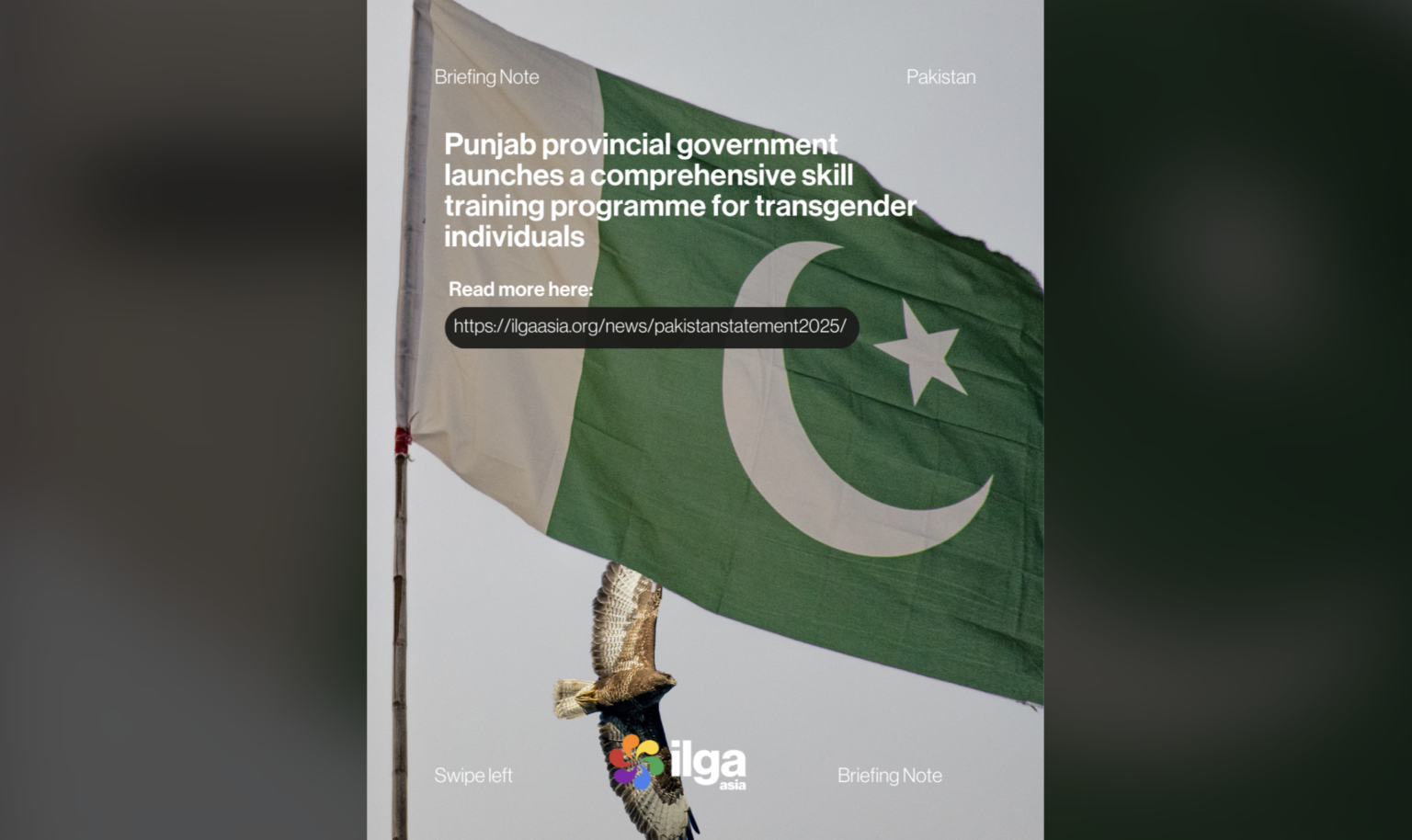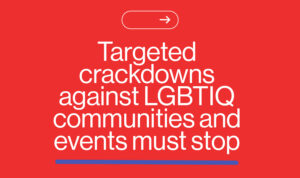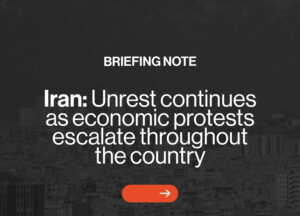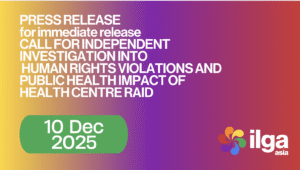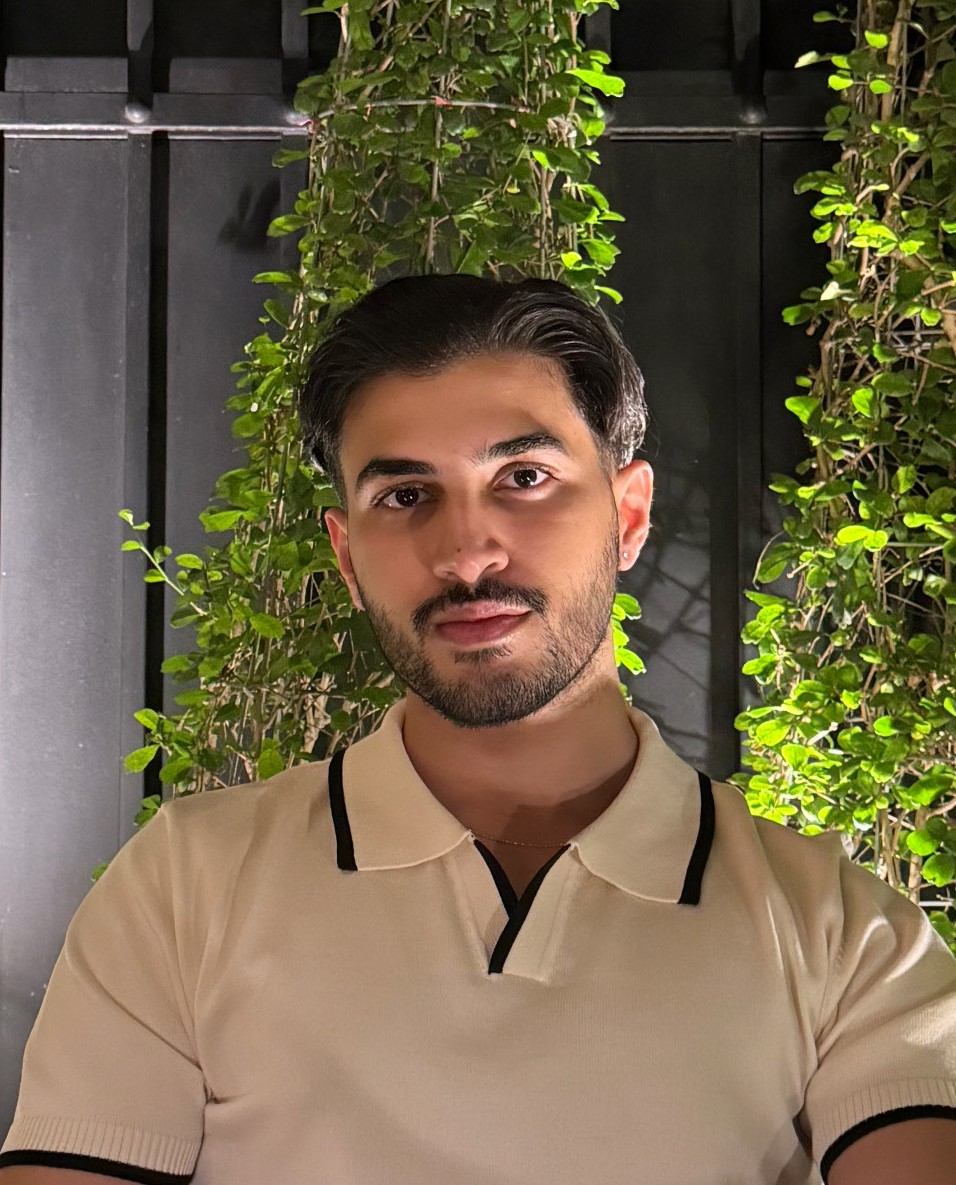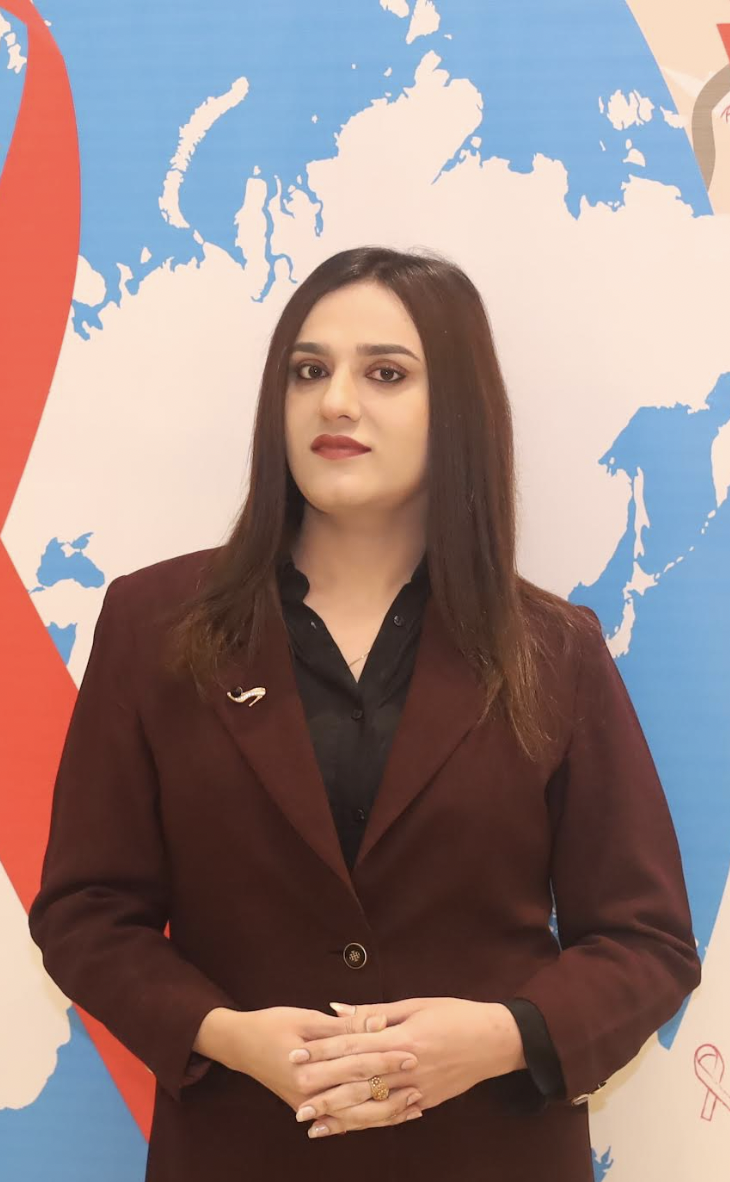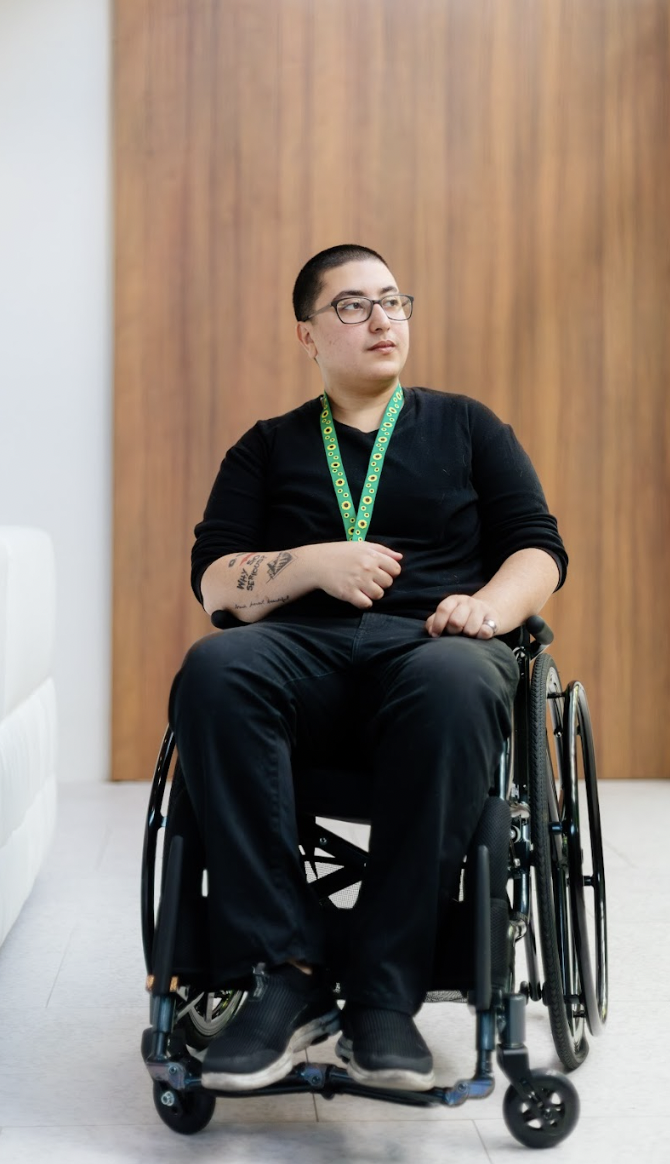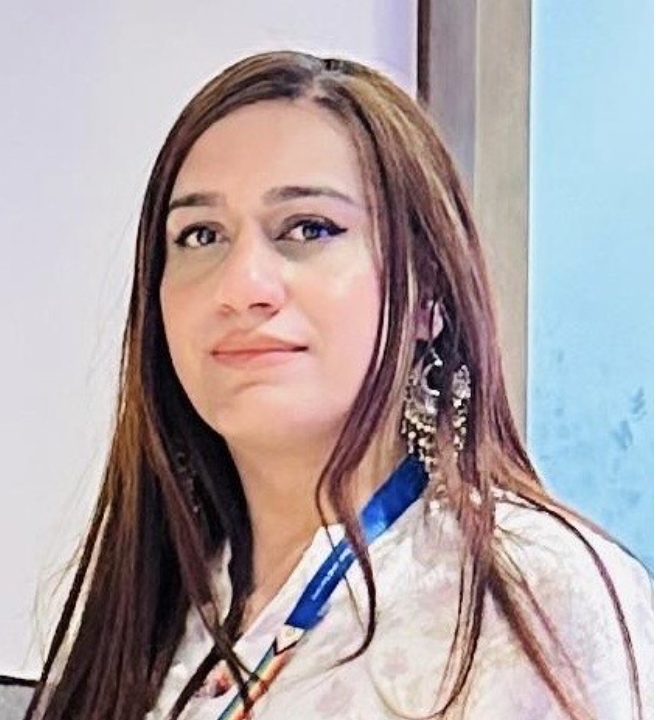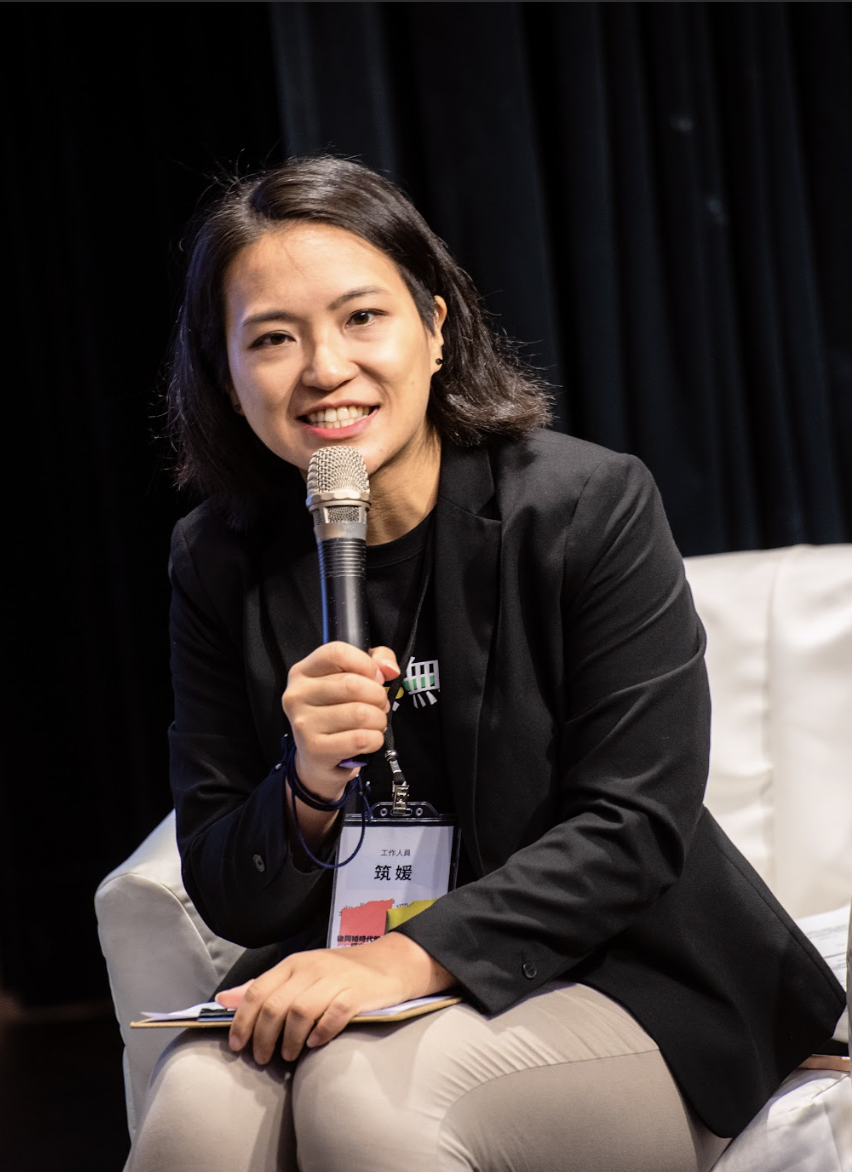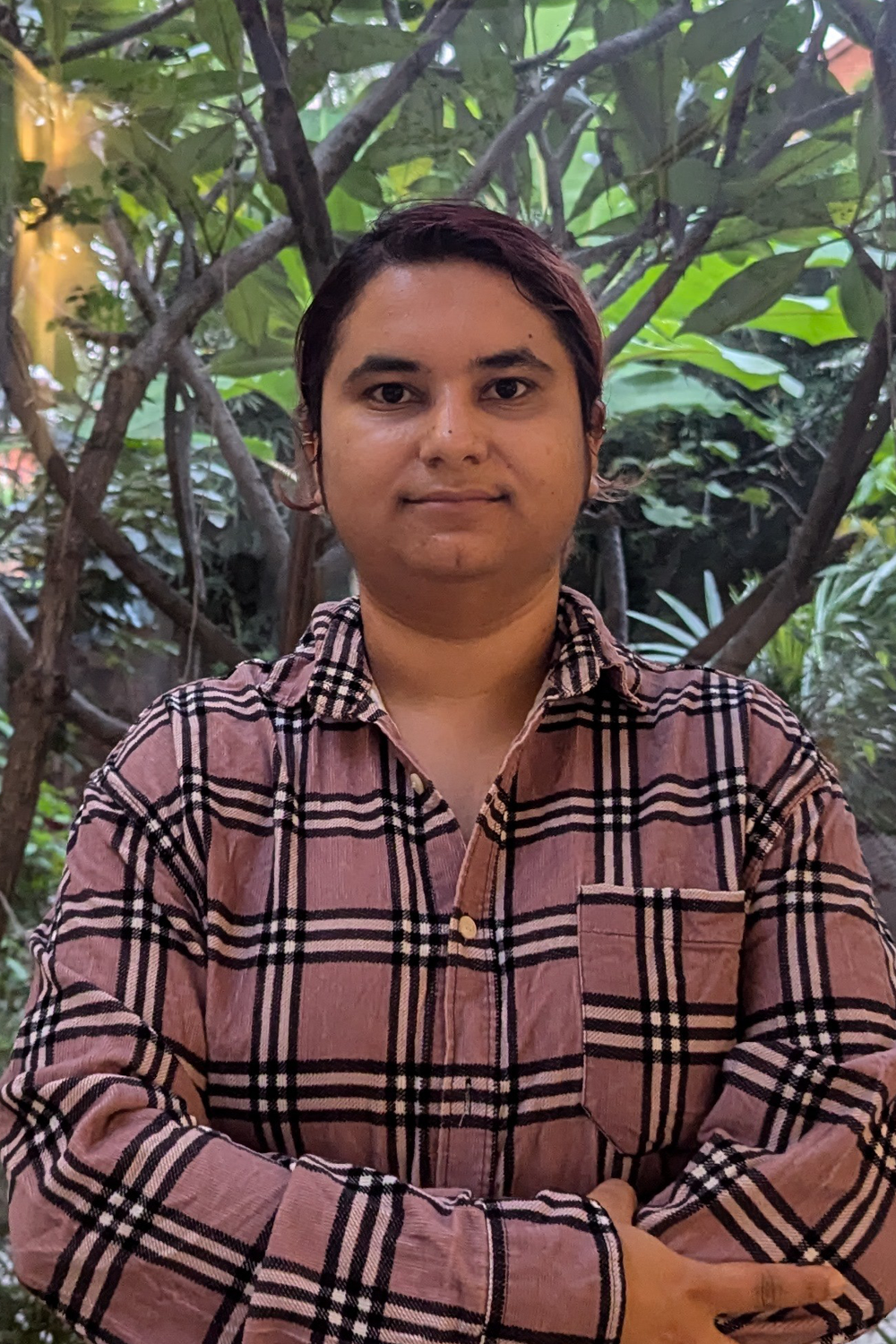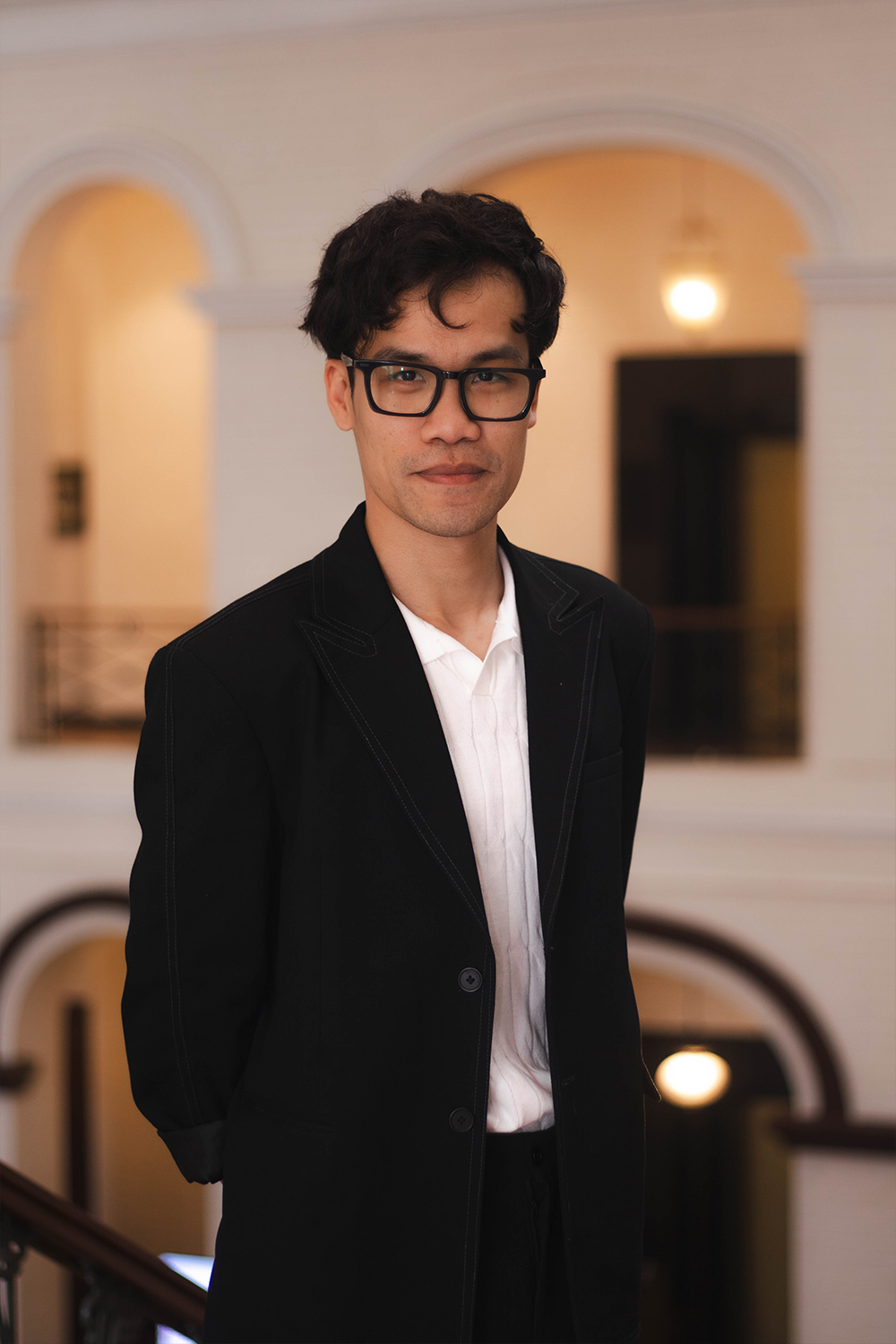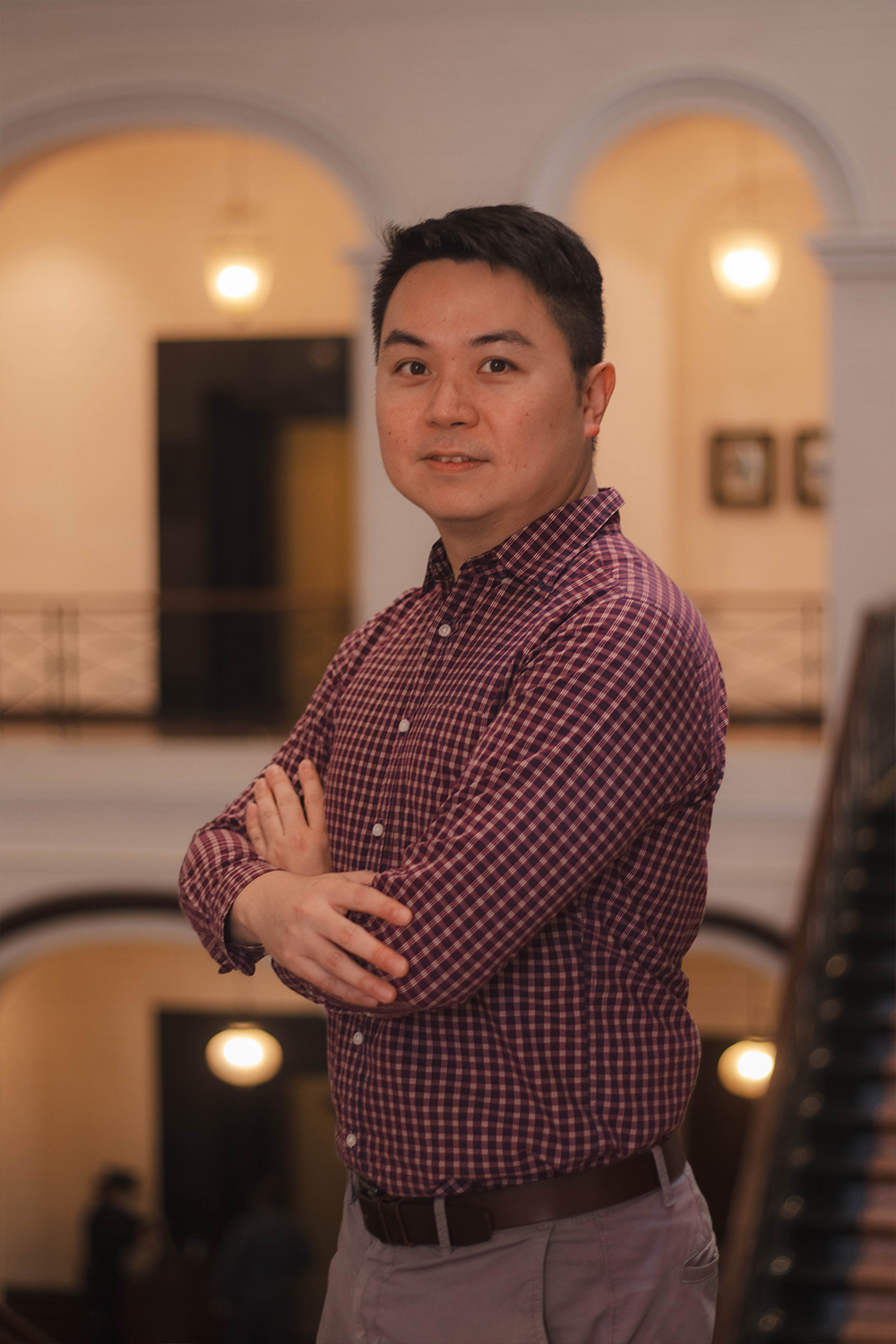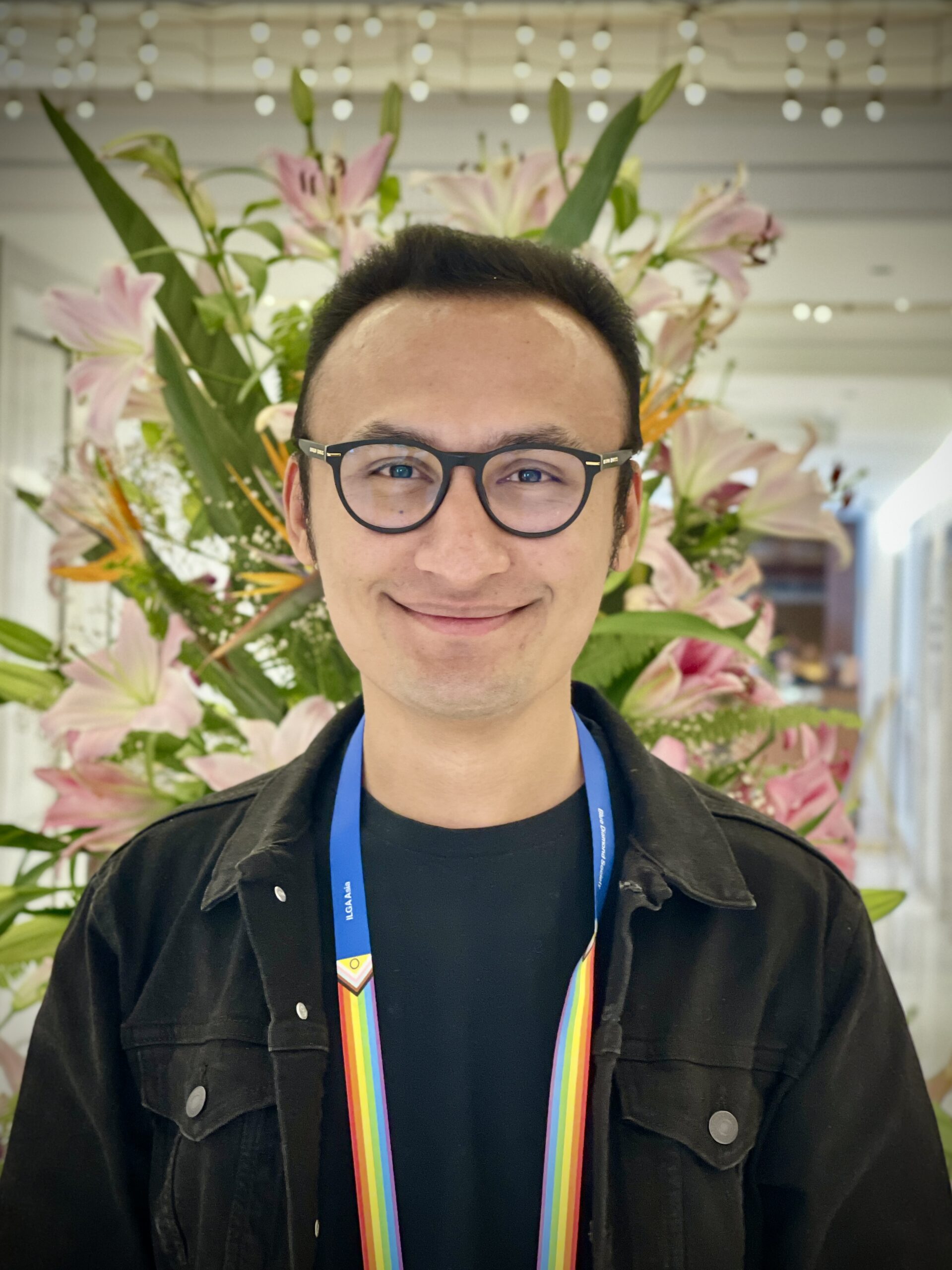On 11 April 2025, the Punjab Government’s Chief Minister launched a comprehensive skills training programme for transgender individuals, also known as the Pehchan Programme, to provide them with various technical and vocational skills as a means of economic independence. This new initiative from the Punjab government is a heartening effort from the provincial government to improve the livelihood of transgender individuals, as they are still being discriminated against legally and socially in Pakistan, especially following the revocation of some protections from the Transgender Persons Act 2018 in 2023. The programme aims to equip 2200 transgender persons over the next two years with specialised training through the Punjab Skills Development Fund programme in skills related to IT, freelancing, healthcare assistant skills, tailoring, fashion designing, electrical work, solar technology, beauty services and culinary arts.
“Transgender individuals in Pakistan face significant barriers to employment and economic stability. Programs like the Punjab government’s skill training initiative are crucial in addressing these challenges and promoting inclusivity. By providing vocational training and skills development opportunities, we can empower transgender individuals to build sustainable livelihoods and contribute to their communities.” – Mahnoor AKA moon, South Asia Representative, ILGA Asia Executive Board & Program Director at the Khawaja Sira Society.
The skill training programme aims to address the “social boycott and lack of employment opportunities” which forces them into the streets to beg and be involved in sex work, which is still criminalised in Pakistan. Khawaja Sira, the traditional transgender community in Pakistan, have reported different forms of violence in the society persisting against their very visible members and disenfranchisement from social and cultural life. On 9 April 2025, a few days before the announcement of the Pehchan Programme, the Punjab government imposed a complete ban on Khawaja Sira performing in stage dramas, particularly restricting their dance performances on songs, which was a major source of income for the community. While the programme aims to create new opportunities for the transgender communities in Punjab, we need to remain cognizant that there is a need for policies that also translate to meaningful protection in broader anti-discrimination contexts.
The Transgender Persons (Protection of Rights) Act 2018 in Pakistan was one of the most progressive legislations ensuring transgender rights and had enshrined much needed protections such as the definition of a transgender person and access to legal gender recognition based on self-determination, the rights to education and employment, and the prohibition of discrimination. However, on 18 May 2023, the Federal Shariat Court in Islamabad delivered a verdict striking down sections 2(f), 3 and 7 of the Transgender Act 2018 related to self-determination of gender and right to inheritance of trans individuals, claiming them to be against Islamic teachings.
ILGA Asia welcomes this initiative from the Punjab Government to foster inclusivity and provide transgender people with vocational training and job-oriented skills to independently integrate into society. We must also remain cognizant of the different legal and social barriers that have led to the disenfranchisement of trans individuals and communities in the country, and hope these initiatives are translated into broader policy changes and strengthening of the Transgender Persons Act 2018. Realisation of social, economic, and cultural rights are integral to a dignified life, and we hope this and similar programmes are adopted to empower transgender people not only in Punjab but across the country.
“For far too long, systemic exclusion has been the biggest barrier standing between the transgender community and economic empowerment in Pakistan. Access to opportunities is a vital first step in dismantling systemic exclusion and opening pathways toward a dignified, self-reliant future. Such initiatives focusing on non-formal education, skills development, and economic empowerment mark a critical move toward empowering marginalized communities to reclaim agency over their lives and showcase to the world that, when given equal opportunities, their creativity, resilience, and hard work can rise above stigma and prejudice, turning decades of exclusion into stories of leadership and unapologetic victory.” – Aabyaz Mustafa, Youth Representative, ILGA Asia Executive Board & CEO at Gender Rights Watch.
